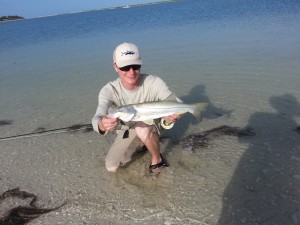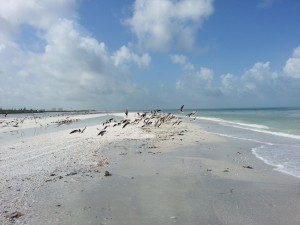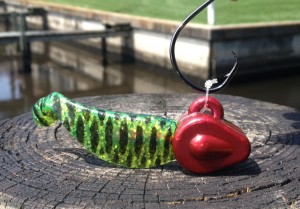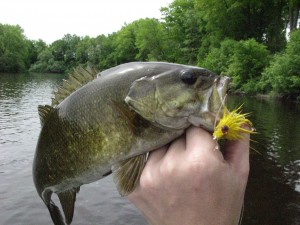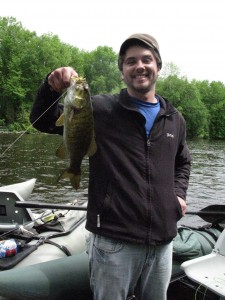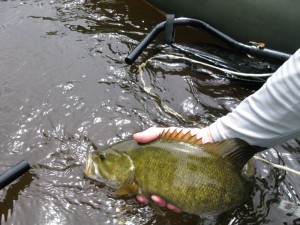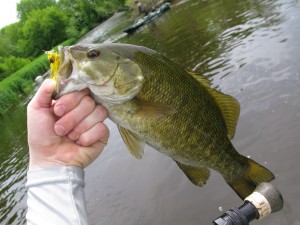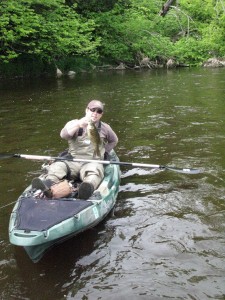Colorado fly fishing guide season is in full throttle, and I wonder, how many fish does it take to get to the center of a tootsie pop?
When a busy guide hits 50 trips seemingly in a row, it starts to turn into mash potatoes and save me. What might appear to be the greatest job in the world, starts to actually feel like a job. When the moral is down that’s when a most weekend fisherman normally turn to going fishing, to get-away, enjoy some relaxation, and wind-down a little. But, when your a busy guide, the last thing you want to do is go fishing on your day off.
I’m sorry to all my friends that want to go fishing for free on my day off. Do you get home from work and want to go back to work for free? I know to most people it seems like it’s the most relaxing thing on earth, but a fly fishing guide is constantly under pressure to produce fish catching opportunities. There lives an anxiety in every guide who knows where the fish are and how to catch them…then has to watch a person miss fish catching opportunities.
There is nothing lucky about fly fishing: the right fly, the right depth, the exact foot position of where to stand for a cast, the right cast, the right drift, watching the fly or indicator for subtle strikes, setting the hook with the right reaction time, the right force, the right direction, and if there is no fish on the line, don’t sit there and thing about it, make another cast and catch one. A great guide can put a fish on in 5 casts, he might have to fish for 30 minutes to hone in the rig, but when the rhythm is found its a guarantee that there is a fish right there, and it will eat. A beginner customer will take about 10-20 casts to get as accurate as 1 cast that a guide would make. On a bad day (for the guide) a guide will have to watch 5-10 fish missed for every one that comes to the net. Unfortunately, this is the side of guiding that still doesn’t sound that bad compared to most jobs, but can build to into a mind numbing inverted scream that blows brain chunks out of guides ears as some customers just never find the rhythm.
There are some things that you just can’t explain, there is a rhythm that each person owns that they must find. When the rhythm comes, if found, the fish are caught very regularly. These are the moments guides live for. When a person finds the rhythm, especially if they have experience in being in that type of moment; the guide is quiet, the birds are chirping, the river is running, the fish are easy to catch, they swim into the net, life is easy, the river runs through it. But, until the person is open, excepting of the understanding that the river will let go of its precious secrets to those who listen for answers, that this is not something of chance, only then, only after that moment, will a new person to fly fishing find the rhythm…and it’s a beautiful thing to watch.
Now, onto the next subject of, “Who is a Fly Fishing Guide?”. You see, there is a difference between a guide, and a Guide. Not just any guide, but a Professional Fly Fishing Guide. I started an organization to help with this www.guideguild.org and I will go into more detail on that at a later date. I would like to tell you about the guiding industry.
July is the time of year when the summer-seasonal guides show-up, have the best gear that no full-time guide could ever afford, and have so much excitement to get a customer into a fish that it’s almost unbearable to watch. This excitement is sometimes followed up with a big exciting skunk. When it’s the seasonal guides turn to take 1 of their 10 trips of the season, it is definitely the busiest time of the year. The trout have seen all the normal go-to flies and the term over-pressured fish is an understatement. Know that there is a big difference between the 10 trip seasonal guide who has been guiding for 10 years (don’t be fooled by the number of years a person has been doing it), and the new guide. If there is an opportunity to get with the new guide, who is trying to prove himself to be a full-time guide, but doesn’t have the number of trips yet to be successful; these rookies to guiding can be good. But ask them, how many casts would it take to put on a fish?
If you are looking to hire a guide, GO with the busy guide who has scrambled eggs and mayflies for brains. He knows where the fish are and how to catch them in his sleep-walking daze…but do something that most people don’t. Listen to him/her the first time, give the guide respect as you would any other professional. Guides become numb because the average person doesn’t have patience and listen. There is nothing more frustrating in a person’s work then to have to keep repeating the same thing over and over again…would you like fries with that, would you like fries with that, would you like fries with that. The way that you have a great day with a great guide is to do what he says with accuracy, attentiveness, and persistance. A great guide doesn’t necessarily have the best personality, but they can put you on fish. You have to be willing to work for it. Fly fishing is not a leisure sport, it’s active, athletic and takes an accurate touch that every spin casting bass fisherman has great struggles with. But, it’s not hard. It might sound difficult, but it’s actually really really easy. Really….easy….fish-pleasy-breeze.
Sorry if this sounded like a rant. It’s hard to describe what it’s like to guide. That’s why I started a blog this year. I want people to know what it’s like to go fishing everyday with new people. Visit my sites:
www.chadpettrone.com
www.flyselector.com
Fly Fishing Guide

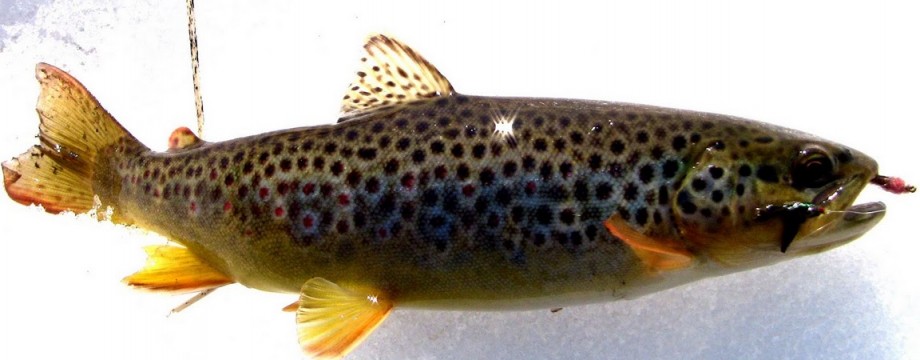
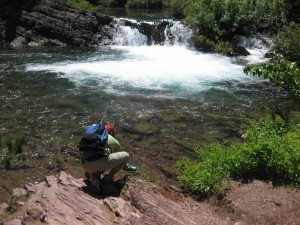
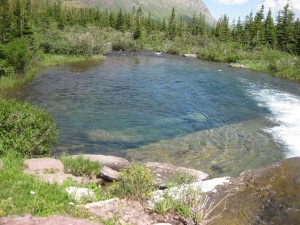
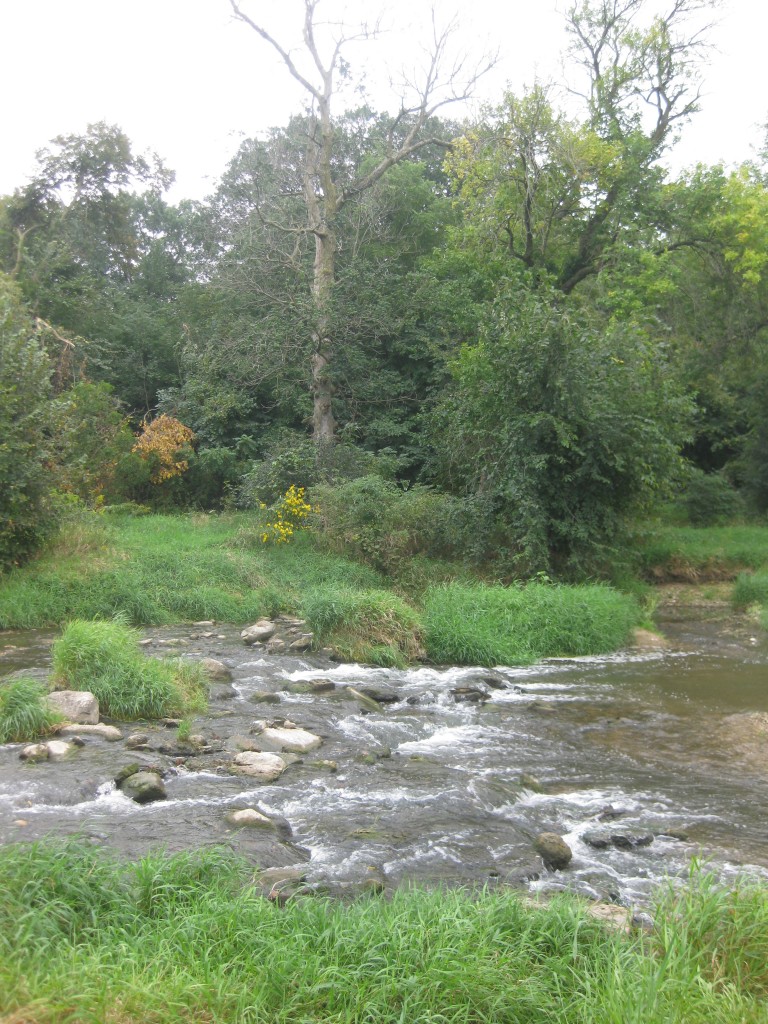
-Optimized](https://trouterspace.com/wp-content/uploads/2013/08/IMG_214111-Optimized-300x225.jpg)
-Optimized](https://trouterspace.com/wp-content/uploads/2013/08/IMG_215211-Optimized-300x225.jpg)
-Optimized](https://trouterspace.com/wp-content/uploads/2013/08/IMG_214711-Optimized-300x225.jpg)
